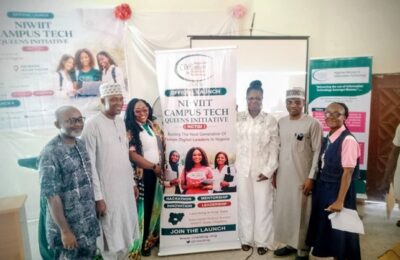Kogi State, a microcosm of Nigeria’s complex political tapestry, today confronts the insidious consequences of internecine rivalry. At the epicenter of these machinations are acts of political sabotage—subtle, yet pernicious maneuvers that erode governance structures, vitiate public trust, and jeopardize developmental trajectories. The viral dissemination of clandestine deals and backroom intrigues, magnified through social media platforms, has rendered political duplicity transparent, yet simultaneously normalized it as a quotidian instrument of power.
Disunity especially among the Igala’s political elite has precipitated a cascade of dysfunction. Strategic governance initiatives stall as allegiances fracture along parochial lines, often subordinated to individual aggrandizement rather than collective imperatives. Reports of deliberate obstructionism—whether through bureaucratic inertia, orchestrated misinformation, or the manipulation of electoral processes—underscore a systemic fragility that threatens both the polity’s cohesion and its legitimacy. Citizens, increasingly cognizant of these subversions, express exasperation in viral commentaries, memes, and exposé-style reportage, exposing the schism between elite maneuvering and popular expectation.
The ramifications extend beyond immediate political theatrics. Economic stagnation, infrastructural dereliction, and attenuated social welfare manifest as tangible consequences of leadership fissures. In this context, Kogi’s populace is compelled to navigate a labyrinthine landscape where institutional efficacy is compromised, and meritocratic governance is suborned by clandestine expediency. The cumulative effect is a corrosion of public confidence—a perilous erosion that, if unaddressed, imperils civic cohesion and democratic fidelity.
Yet within this dissonance lies a clarion imperative: the exigency for strategic consolidation. Political actors must transcend the myopia of self-interest, embracing collaborative praxis that privileges collective welfare over transient gain. Transparency, accountability, and principled leadership are non-negotiable if Kogi is to extricate itself from the quagmire of disunity. Civil society, too, assumes a pivotal role; through vigilant advocacy, public discourse, and the harnessing of viral media narratives, citizens can compel elites to comport with ethical and developmental benchmarks.
Kogi State’s trajectory, therefore, hangs in delicate equipoise. Political sabotage, though pervasive and sophisticated, is not inexorable. By confronting internecine rivalries with deliberation, strategic foresight, and an unwavering commitment to institutional integrity, Kogi can recalibrate its political compass. The cost of continued disunity is palpable; the dividends of cohesive governance, profound. In a polity where every act of subversion is both visible and viral, the opportunity—and the obligation—for reform is unequivocal.
– Inah Boniface Ocholi writes from Ayah – Igalamela/Odolu LGA, Kogi state.
08152094428 (SMS Only)




